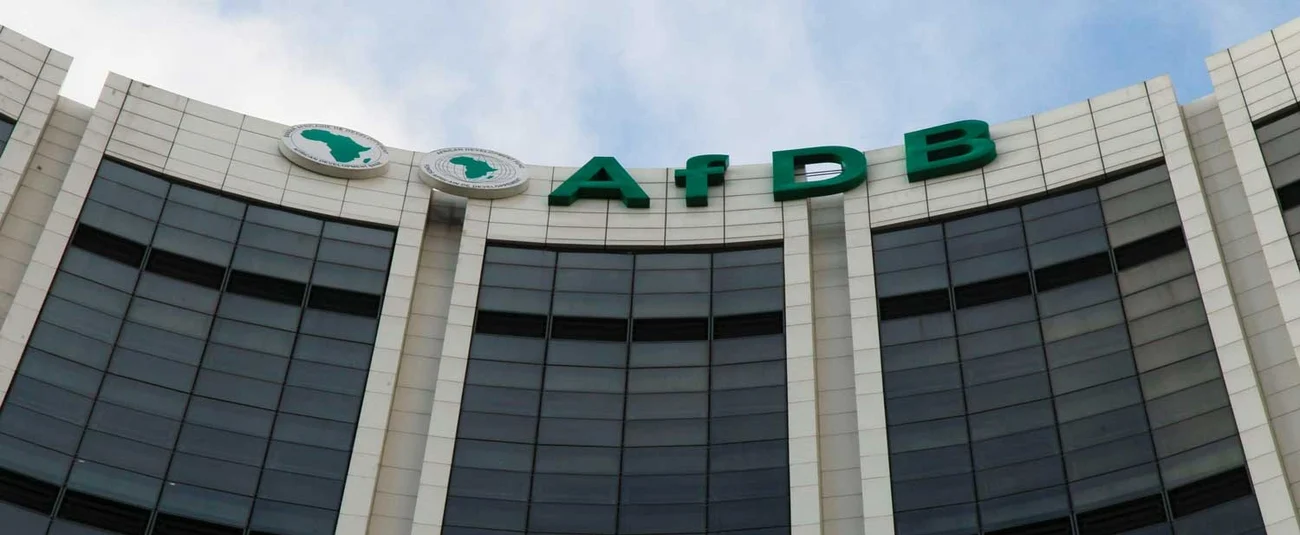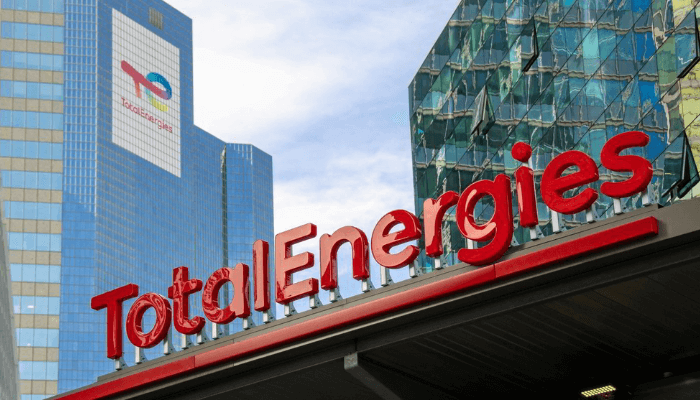The Federal Government has said that the Nigerian National Petroleum Company Limited lacks the necessary funds to rebuild its aging pipeline infrastructure.
This was revealed by the Minister of State for Petroleum Resources (Oil), Heineken Lokpobiri, during the 2024 Energy and Labour Summit held in Abuja, according to The Punch.
Lokpobiri emphasized the urgent necessity for pipeline maintenance in view of the continuous divestment by international oil companies and the drive to boost oil output,
He stressed that the pipelines, which are old, corroded, and expired, require urgent attention, but the NNPC currently lacks the financial resources to undertake the necessary rebuilds.
He noted that even if the country can produce more than 1.7 million barrels of crude oil, the problem is how to evacuate it to the terminal.
“Part of our problem is that pipelines that were traditionally transporting our crude were built in the 1960s and the 1970s and the lifespan is since over. We have identified that even when we can produce, evacuation is a big problem.
“The reason why pipeline vandalism is very easy to do is because the pipelines have all expired they completely corroded and so, anybody can just go and tap it and the thing is busted; but there are better technologies which are more expensive, there are better pipelines that other people are using in other countries, but they are not cheap, We also need to change our model.
“Now, the NNPC that is our joint venture partner, do they have the money to be able to replace these pipelines? I think NNPC will speak for themselves whether they have the money to be able to do that, and I don’t think they have,” Lokpobiri declared.
He called for a public-private partnerships (PPP) to rebuild Nigeria’s aging pipeline infrastructure, saying “That is why we have to go for the global model – PPP. We have to get the private sector to come in.”
However, he acknowledged that investor confidence in Nigeria has been low, particularly over the past 12 years, during which the nation’s oil sector saw no foreign investment.
He stressed the importance of restoring this confidence to attract the necessary private sector involvement.
“When this government, came we tried to rebuild the confidence and investors are coming,” Lokpobiri added.
The oil minister maintained that the smuggling of fuel from Nigeria to other neighbouring countries is because the NNPC imports and sells below the landing cost.
“Nigeria plays a very critical role in the energy security in Africa. That is why whatever PMS we import into Nigeria finds its way to the whole of West Africa. That is why smuggling cannot stop. If NNPC Imports PMS and sells to marketers at perhaps N600 or below, there’s no way that smuggling can stop,’ saying the security agents at the borders are also involved.
“When smugglers are taking the products outside the country, even if you put all the policemen on the road, they are Nigerians; you and I know the answer. If you put all the customs men on the road, they are Nigerians, you and I know what the problem is, and that is why I’m saying that for Africa to attain energy security, Nigeria has to play a very strategic role,” he remarked.
He voiced concern over the supply of crude to Dangote and other nearby refineries, saying that unless production is increased, this could face difficulties.
“Our ambition is to ramp up production. It is only when we ramp on production that the midstream and the downstream can also be successful. You know we resolve at the Federal Executive Council to sell crude to local refineries – Dangote and the other refineries that are refining products for local consumption.
“But the bigger challenge is whether we have enough quantity to be able to supply them because of certain things that happened before we came. You will agree with me that when I became minister one year ago, we were doing barely about a million barrels, but today we’re doing 1.7mbpd approximately, inclusive of condensate,” Lokpobiri said.
He added, “Supporting local refining is the way to go. We can look for investors to explore and ring out this crude, so I will be able to meet both our domestic obligation and also export some to be able to raise more dollars and meet our obligations.
“We are committed to ensuring we support local refineries with all the feed-stock. If you must supply refineries in Nigeria and you don’t have the crude to supply, it remains something that is written beautifully in a law.”











